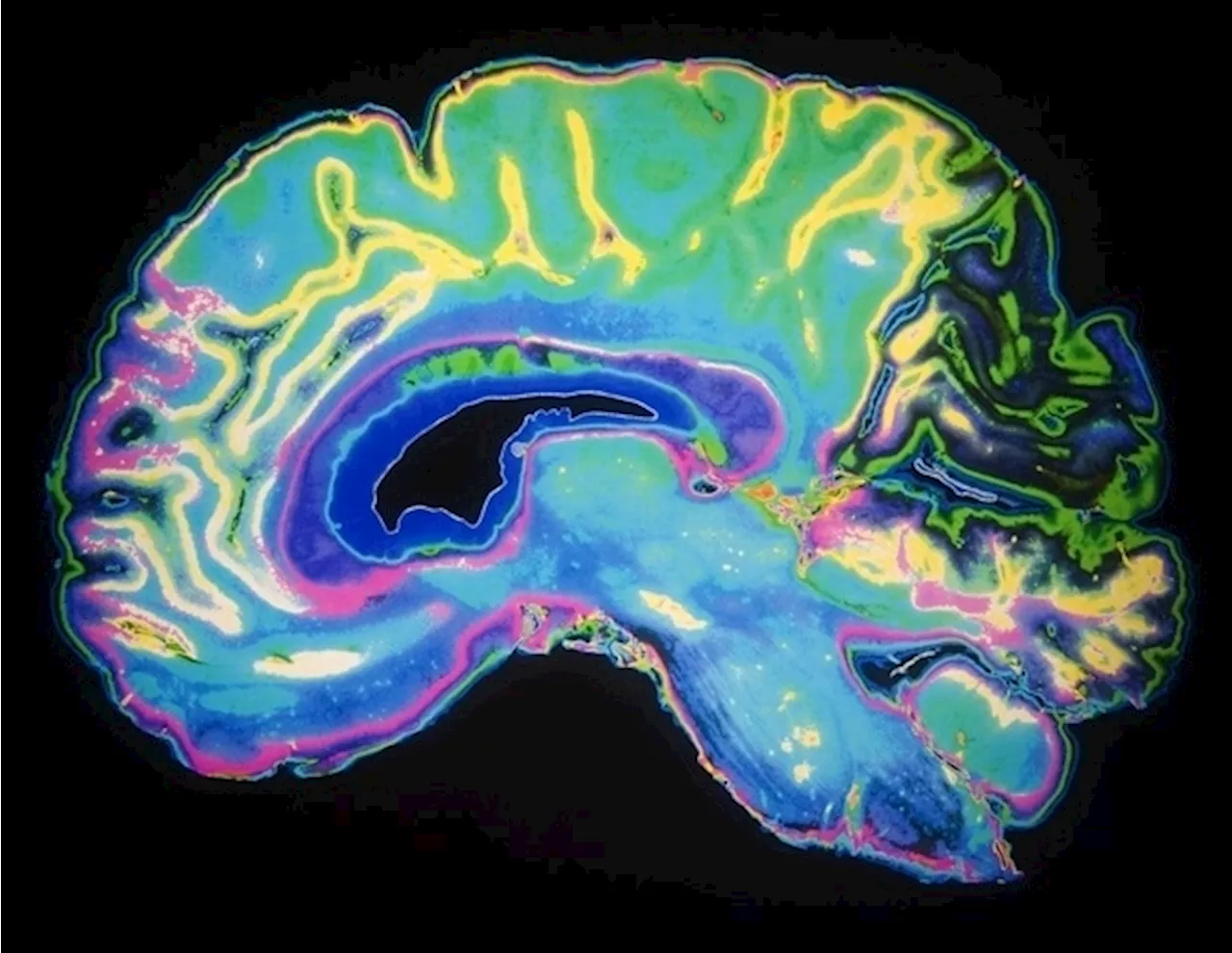A new study reveals that somatosensory stimulation on the wrist can bias hand-choice decisions, increasing the likelihood of using the stimulated hand in tasks requiring quick hand selection. This influence appears to stem from the stimulation's impact on the brain's motor decision system.
Waseda UniversityDec 19 2024 Hand choice is an unconscious decision frequently made in daily life, whether it's reaching for an object such as a cup or performing any other task. This decision is influenced by target-related information, such as the location, shape, and orientation of the object. However, the selection probability for each hand reaches equilibrium when the target-related factors are similar for the left and right hands.
The research team conducted a series of experiments where healthy participants were asked to perform hand-choice tasks while receiving unilateral wrist somatosensory stimulation at 0, 300, or 600 ms before the target presentation. The results revealed a clear pattern where participants were significantly more likely to use the stimulated hand for targets around the center area, where the choice is difficult to determine based on target information.
In addition to its clinical implications, the study also contributes to our understanding of the fundamental processes involved in motor decision-making. By showing that the brain integrates sensory input from the body to guide action, the research adds a new layer to our knowledge of how the brain controls movement and responds to environmental cues.
Neuroscience Sensory Perception Motor Control Hand Dominance Somatosensory Stimulation
United Kingdom Latest News, United Kingdom Headlines
Similar News:You can also read news stories similar to this one that we have collected from other news sources.
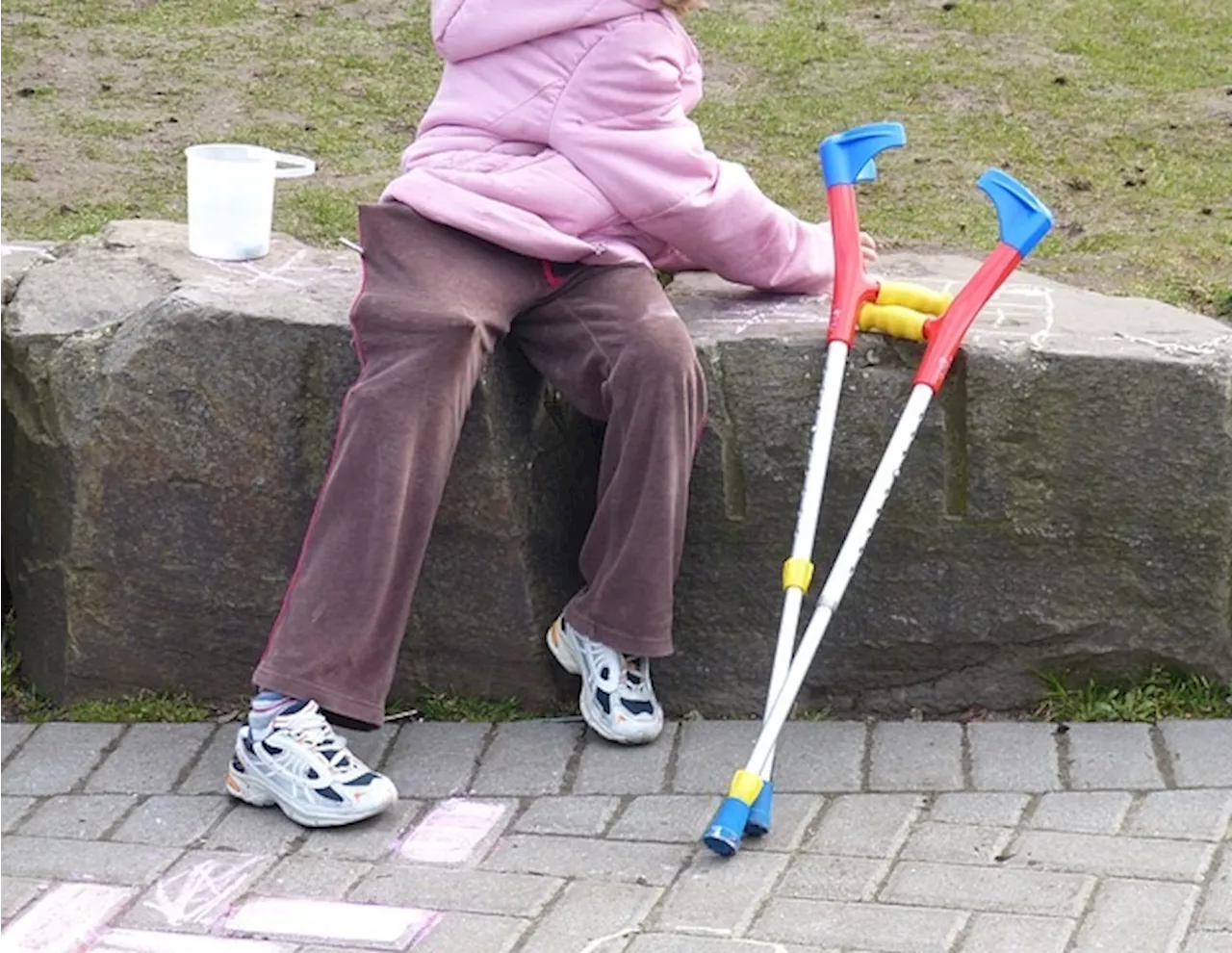 Electrical stimulation may be essential for healthy tendons, study suggestsA new study by researchers at the University of Galway and the University of Limerick suggests that electrical stimulation might be essential for tendons to maintain their health, offering fresh possibilities in tendon repair and regeneration.
Electrical stimulation may be essential for healthy tendons, study suggestsA new study by researchers at the University of Galway and the University of Limerick suggests that electrical stimulation might be essential for tendons to maintain their health, offering fresh possibilities in tendon repair and regeneration.
Read more »
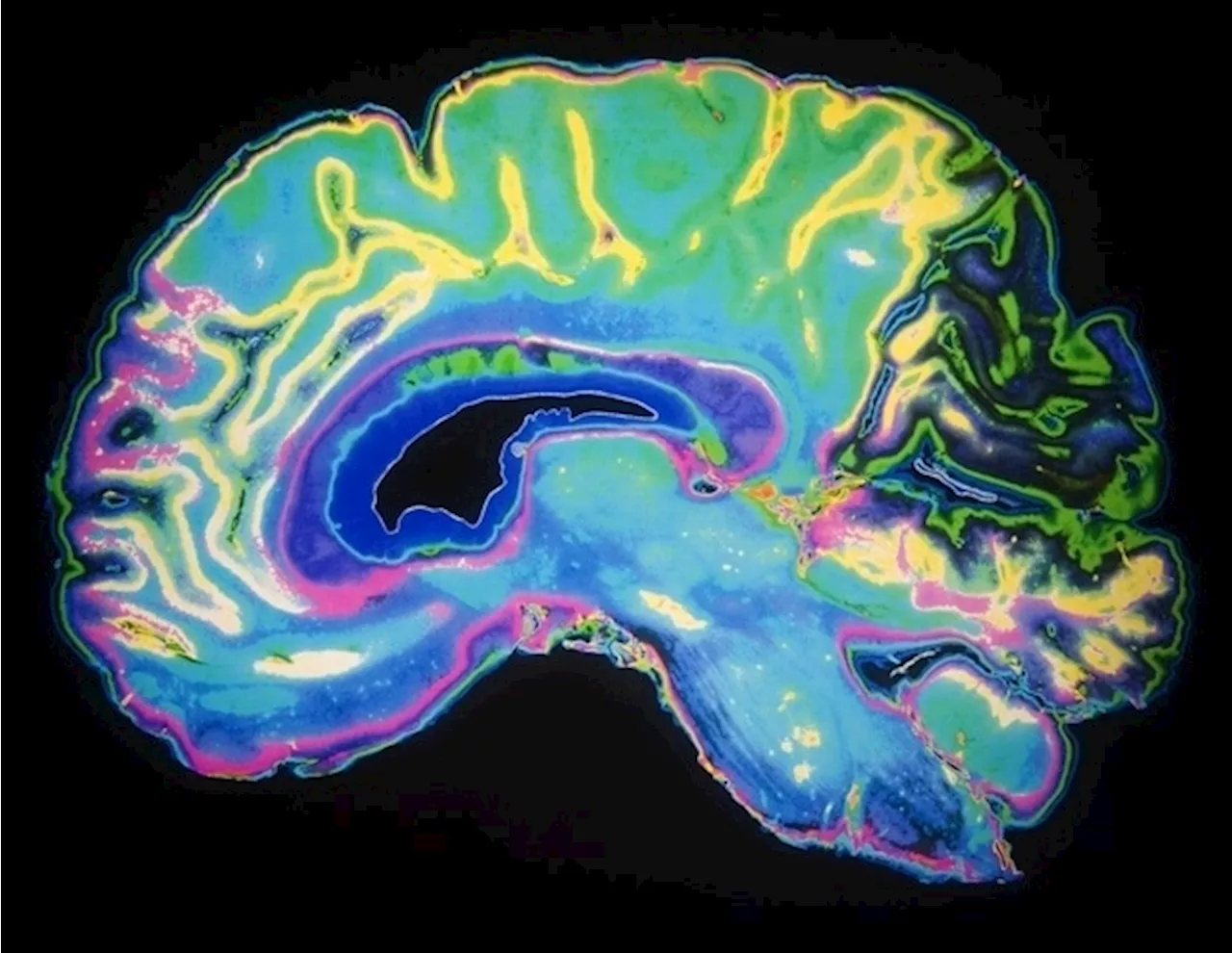 Individuals with less efficient learning mechanisms benefit more from brain stimulationAs we age, our cognitive and motor functions deteriorate, which in turn affects our independence and overall quality of life.
Individuals with less efficient learning mechanisms benefit more from brain stimulationAs we age, our cognitive and motor functions deteriorate, which in turn affects our independence and overall quality of life.
Read more »
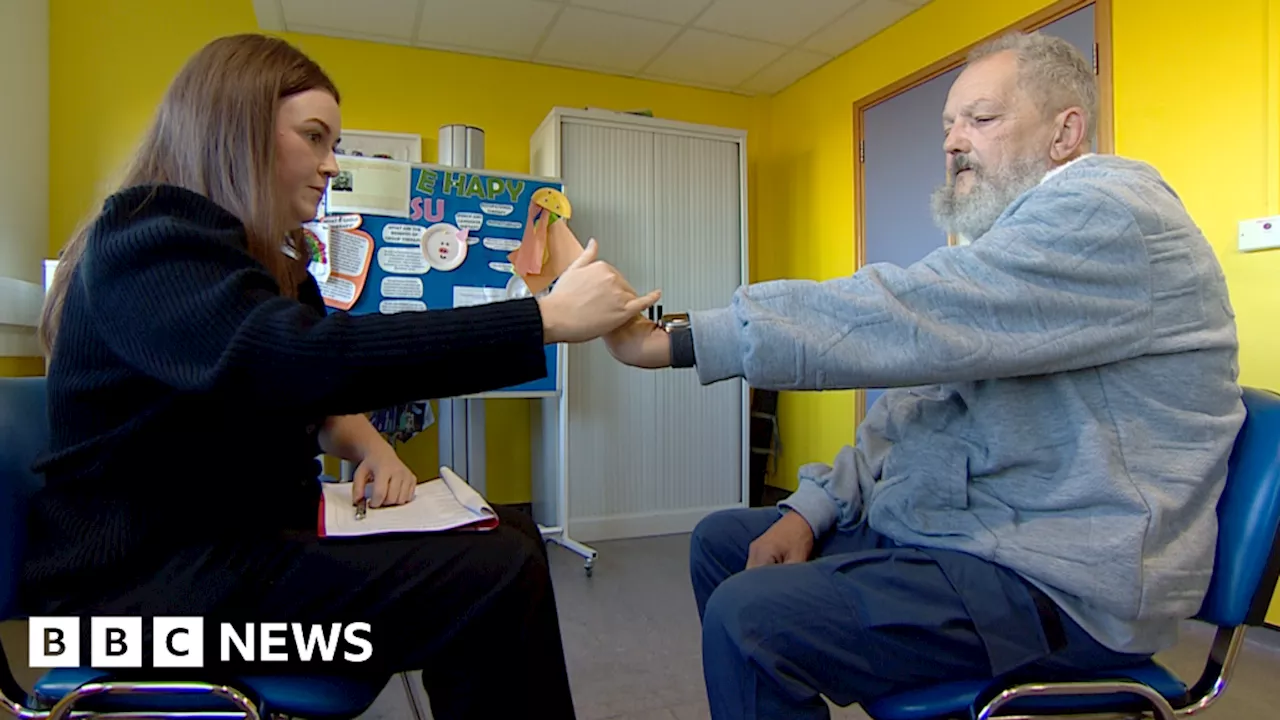 Kings College trials stimulation therapy for stroke patientsKing's College Hospital is testing a device that sends electrical signals around the body.
Kings College trials stimulation therapy for stroke patientsKing's College Hospital is testing a device that sends electrical signals around the body.
Read more »
 Electrical stimulation of vagus nerve could combat inflammatory bowel diseaseResearchers at Duke University School of Medicine have found that tapping into the nervous system could help reduce the gut inflammation that drives inflammatory bowel disease (IBD).
Electrical stimulation of vagus nerve could combat inflammatory bowel diseaseResearchers at Duke University School of Medicine have found that tapping into the nervous system could help reduce the gut inflammation that drives inflammatory bowel disease (IBD).
Read more »
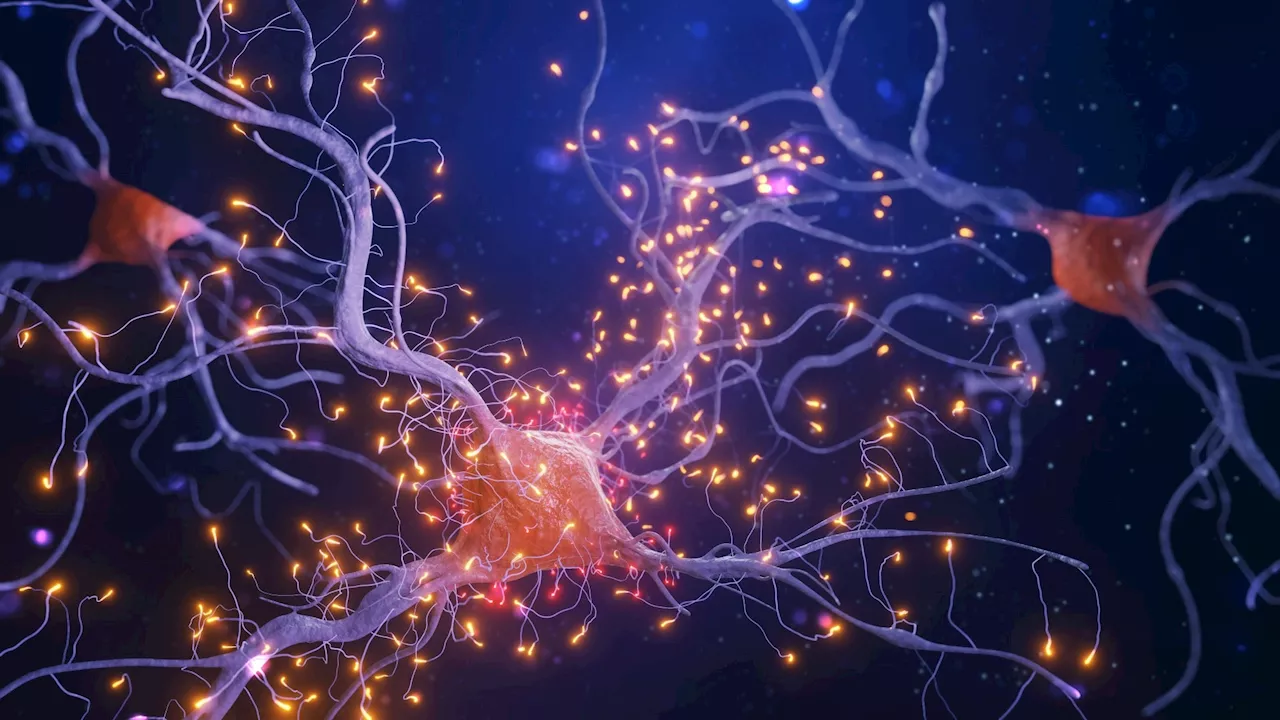 Neural connectivity predicts deep brain stimulation success in essential tremorStudy unveils how specific cortico-thalamic connectivity patterns influence essential tremor suppression with deep brain stimulation (DBS). It highlights the contralateral thalamus as a pivotal driver of tremor modulation and potential pathways for enhanced intervention strategies.
Neural connectivity predicts deep brain stimulation success in essential tremorStudy unveils how specific cortico-thalamic connectivity patterns influence essential tremor suppression with deep brain stimulation (DBS). It highlights the contralateral thalamus as a pivotal driver of tremor modulation and potential pathways for enhanced intervention strategies.
Read more »
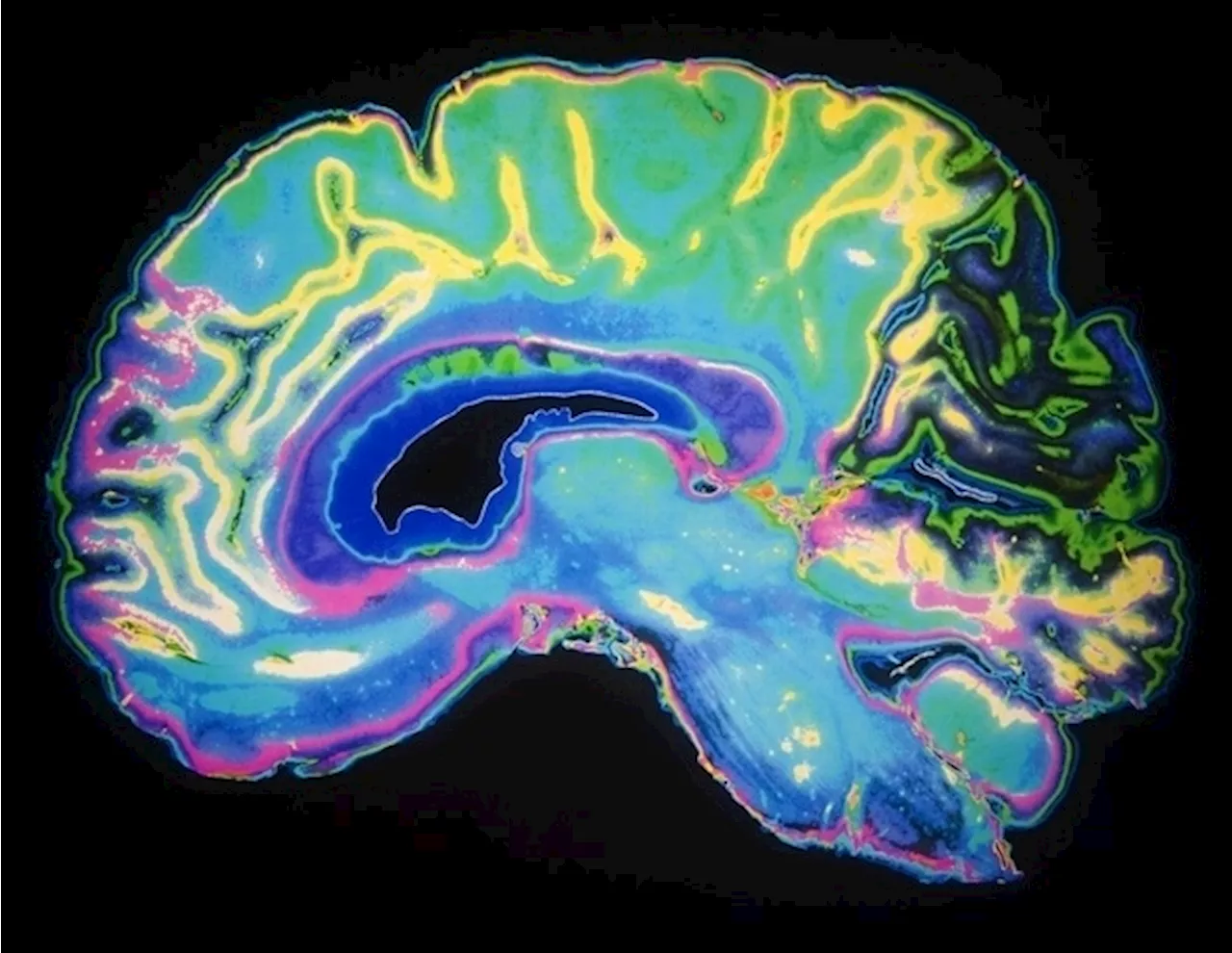 New brain stimulation trial aims to improve cognitive recovery from TBITraumatic brain injury (TBI) is a leading cause of death and disability among young people in the United States and is the most devastating survivable injury in modern warfare, according to the University of Cincinnati's Ishita Basu.
New brain stimulation trial aims to improve cognitive recovery from TBITraumatic brain injury (TBI) is a leading cause of death and disability among young people in the United States and is the most devastating survivable injury in modern warfare, according to the University of Cincinnati's Ishita Basu.
Read more »
